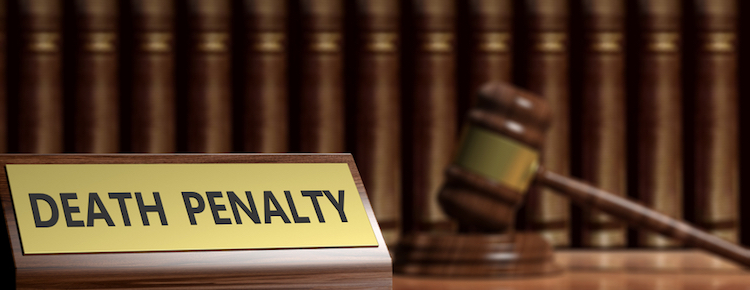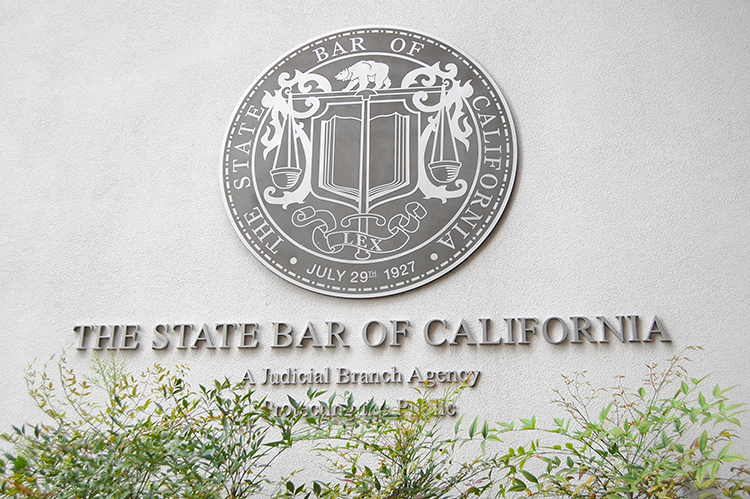SCOTUS rules against death row inmate seeking neurological test to show ineffective lawyering

Image from Shutterstock.
The U.S. Supreme Court ruled 5-4 Tuesday that a federal court can’t order a state to transport a death row inmate to a medical facility for testing without a showing that the information sought would be useful in the prisoner’s habeas case.
At issue was a federal court order requiring Ohio to transport death row inmate Raymond Twyford for a neurological examination. Twyford claimed that his trial lawyer had been ineffective for failing to investigate his head injury after he shot himself at age 13.
Twyford was convicted for killing a man who allegedly raped his girlfriend’s daughter. At trial, Twyford’s lawyer had pursued another theory: that Twyford committed the murder to save the rape victim from the type of abuse that Twyford had suffered as a child.
A federal court had used the All Writs Act to order Twyford’s transportation to the hospital for tests. The law authorizes federal courts to “issue all writs necessary or appropriate in aid of their respective jurisdictions and agreeable to the usages and principles of law.”
Chief Justice John Roberts wrote the majority opinion, joined by Justices Clarence Thomas, Samuel Alito, Brett Kavanaugh and Amy Coney Barrett.
“The question is whether the district court’s order is ‘necessary or appropriate in aid of’ the federal court’s resolution of the prisoner’s habeas case,” Roberts wrote. “We hold that it is not and therefore reverse.”
The ABA had argued in an amicus brief that lawyers representing habeas petitioners should be able to investigate new evidence without first proving that the information will provide relief to their clients.
Roberts said the analysis of the transportation order requires an understanding of the Antiterrorism and Effective Death Penalty Act of 1996, which restricts federal courts’ power to grant habeas relief. Federal courts can consider new evidence only in limited situations.
A writ seeking new evidence wouldn’t be necessary or appropriate “if it enables a prisoner to fish for unusable evidence in the hope that it might undermine his conviction in some way,” Roberts said.
In Twyford’s case, the district court entered the transportation order without determining how the newly developed evidence could help Twyford’s cause, considering the limitations imposed by federal law, Roberts said.
“Twyford never explained how the results of the neurological testing could be admissible in his habeas proceeding, and it is hard to see how they could be,” Roberts said.
Justice Stephen Breyer dissented in an opinion joined by Justices Sonia Sotomayor and Elena Kagan. He said he wouldn’t have reached the merits of the All Writs Act claim because a federal appeals court didn’t have jurisdiction to hear the state’s interlocutory appeal before a decision on the merits.
Justice Neil Gorsuch wrote a separate dissent. He said he would have dismissed the case as improvidently granted because of the jurisdictional issue regarding the interlocutory appeal.
The case is Shoop v. Twyford.
Hat tip to SCOTUSblog, which had early coverage of the decision.



